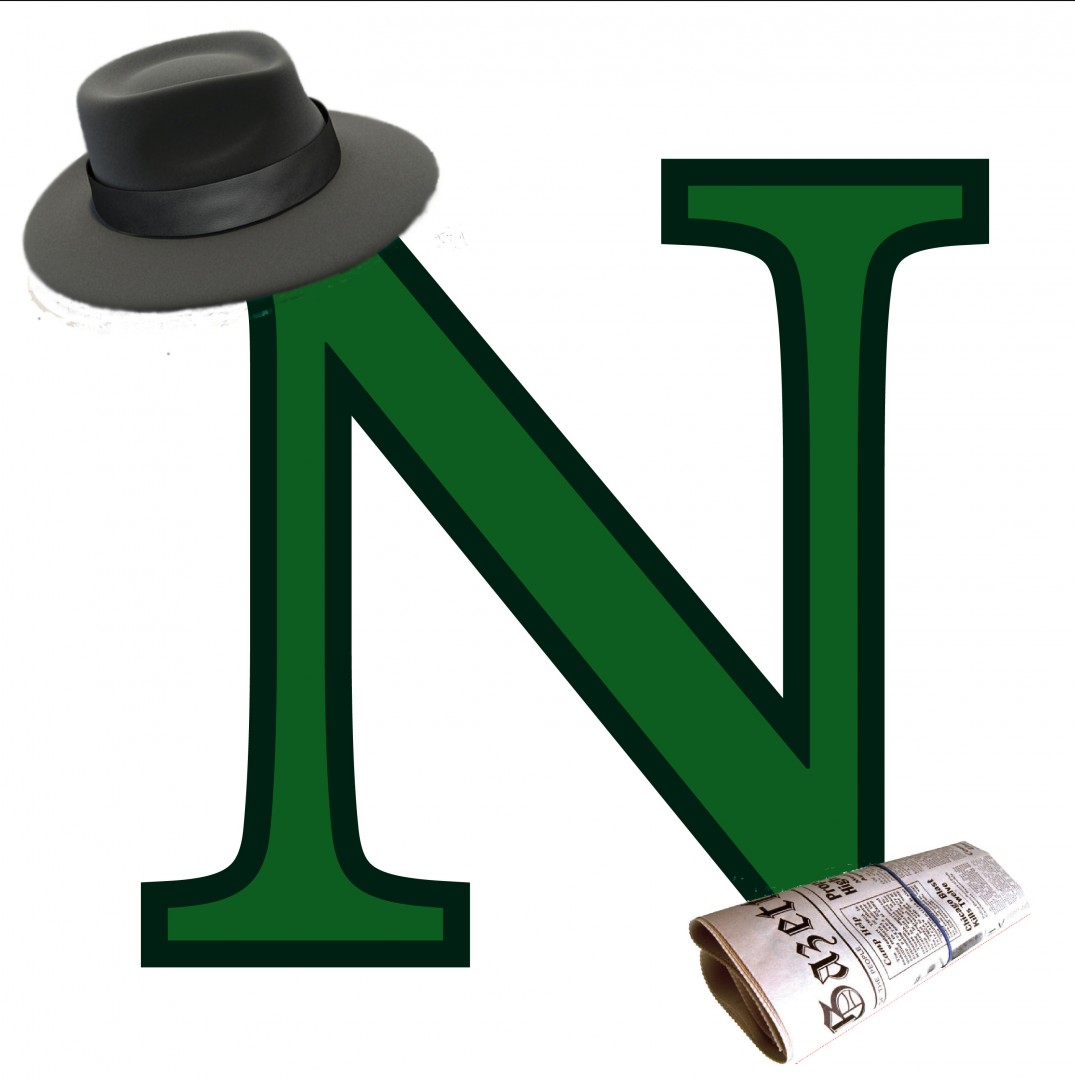On Wednesday, Jan. 29, Chancellor Robert Coombe sent out a university-wide email reminding students and employees that the marijuana policy at DU has not changed since Amendment 64 went into effect on Jan. 1, which allowed for the sale and use of recreational marijuana for adults over the age of 21 in Colorado.
“In accordance with federal law, the University of Denver has long had a policy against drug use on campus and that policy does not change with Colorado’s adoption of Amendment 64,” said Coombe in the email. “DU continues to prohibit the possession, use and consumption of marijuana on University property.”
The email added that the university is devoted to the health, safety and well being of the campus community. The university also receives federal funding for financial aid and research grants, so it must abide by federal laws, including the Drug Free Schools and Communities Act.
Internal Communications Manager Jan Kitta said the email was preemptive, and not in response to any particular incidents that have occurred on campus.
“Obviously there was a desire to send something out around the time the law went into effect,” said Kitta. “We assumed people would have questions about the legalization of recreational marijuana.”
Kitta added the email was sent almost a month after Jan. 1 because the university was closed during the holidays and there was a rush when students came back from winter break.
“It turned out that the email was sent the week of the conference with the provost, so it turned out to be fairly timely because it gave some additional prominence to the issue [of substance use] on campus,” said Kitta.
According to the email, students in possession of marijuana are in violation of the honor code and the residence-living guide. Employees reporting to work under the influence of alcohol, marijuana or illegal drugs are in violation of the university’s alcohol- and drug-free policy.
A list of campus resources in place to deal with these violations included the Health and Counseling Center (HCC), Student Conduct, Housing and Residential Education (HRE), Employee Assistance Program, Human Resources and the Department of Campus Safety (DCS).
According to DCS Sgt. Stephen Banet, there were six incidents of possession of narcotics or drug paraphernalia in January 2014, as opposed to 10 such incidents in January 2013.
Banet said when DCS officers find a student in possession of marijuana, they confiscate it and any periphernalia, including grinders, pipes and bongs. Then they collect information from the student(s) in question and any witnesses. Finally, they complete an offense report, which they share with Student Conduct.
“If it’s a huge amount, and we consider that to be something over an ounce, there’s a possibility that the Denver Police Department [DPD] would be involved,” said Banet. “The same goes if it’s any other drug besides marijuana, but the smaller cases we keep in-house.”
Banet added that DCS officers only observe and report, they do not make recommendations about disciplinary measures. However, Student Conduct may ask them to testify in a disciplinary hearing. Director of Student Conduct Kristin Olson was not available for comment on the consequences of marijuana possession.
“We’re not here to give a student a criminal record upon graduation,” said Banet. “We’re here to enforce the rules of the university.”
Coombe’s email emphasized that those rules have not changed, even if state laws have.
“In summary, the University of Denver is committed to a drug-free campus and workplace, and prohibits the unlawful manufacture, distribution, dispensing, possession or use of controlled substances by employees, students, subcontractors, consultants and visitors.”
For more information on the marijuana policy, visit http://duclarion.com/bud-still-banned-at-du/.











